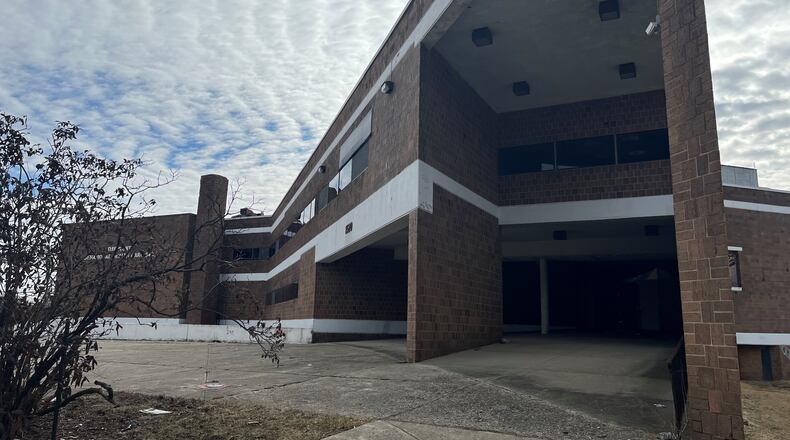The project would be one of the first major steps toward redeveloping the DeSoto Bass apartments, which are outdated and do not meet the needs of today’s families, said Kiya Patrick, vice president of strategic development with GDPM.
“We’re hoping we’ll fill most of the units with residents from DeSoto Bass,” Patrick said.
The Ohio Housing Finance Agency recently announced it has awarded GDPM’s Germantown Crossing project about $1.2 million in low income housing tax credits per year for a decade-long period — or nearly $12 million in total.
The funds will help offset the costs of building the new, 50-unit apartment building, which will offer a mix of one-, two- and three-bedroom apartments.
Investors buy the tax credits typically for about 90 cents on the dollar, which they use to reduce their tax liabilities, officials said.
“Housing, especially affordable housing, is needed to support our state’s growing economy,” said Shawn Smith, executive director of the Ohio Housing Finance Agency, which awarded nearly $32 million in 10-year, federal housing tax credits to 31 projects across the state.
GDPM will own and manage the new apartments and will provide services to residents, and Model Group will be co-developer.
GDPM says the new building will offer fresh, inviting and affordable housing for local families, including some who the agency expects to relocate from the DeSoto Bass public housing apartments, which are down the street from the project site.
GDPM eventually wants to knock down all of the apartment buildings in DeSoto Bass, which has 352 units that date back to the 1940s and 1950s.
GDPM wants to construct new replacement, subsidized housing units on the large DeSoto Bass site, as well as elsewhere offsite, including at the Day-Mont property.
GDPM, like many other public housing agencies, wants to reduce the concentration of its subsidized housing units. The agency hopes to start construction on Germantown Crossing in the spring of 2023, Patrick said, and construction could last about 18 months.
The city of Dayton recently issued a request for proposals from contractors to demolish the vacant, former Day-Mont Behavioral Health Care facility, which closed in 2019.
The facility, built in 1974, has been declared a public nuisance after falling into disrepair and attracting trespassers and vandals.
The city is expected to transfer the property, which it owns, to GDPM after demolition is complete.
“Having a new, vibrant housing development on a site that has sat vacant for many years will be a sign of new investment in the Germantown corridor,” said Todd Kinskey, Dayton’s director of planning, neighborhoods and development.
The city’s contribution to the project will include covering demolition costs, donating the property to GDPM and likely providing some of its federal funds, Kinskey said.
“The city is very excited about the project, which will bring new, high-quality affordable family housing units to West Dayton,” he said.
GDPM shared its plans to replace DeSoto Bass years ago, but Patrick said acquiring funding for the redevelopment work takes time.
The agency expects to apply for a Choice Neighborhoods Implementation Grant later this year. The federal program awards public housing agencies across the nation grants often worth $30 million to $35 million for transformative projects to add new public housing, replace distressed units and revitalize neighborhoods and communities.
GDPM several years ago won a Choice Neighborhoods Planning grant, and it hopes to win funding to implement its plans.
GDPM is committed to redeveloping DeSoto Bass, but it is likely to take significantly longer if the agency does not win an implementation grant and has to secure other funding sources, Patrick said.
In addition to DeSoto Bass, GDPM’s other priorities include repositioning Hilltop Homes and Wilkinson Plaza.
Hilltop has about 150 units, while Wilkinson Plaza is a 14-story apartment tower in downtown Dayton.
GDPM has asked the federal government for authorization to tear down Hilltop Homes, and if approved, the agency will provide residents with housing vouchers or the option to move into other subsidized units.
In the past, GDPM estimated it would cost tens of millions of dollars to build replacement housing for DeSoto Bass and Hilltop.
About the Author




